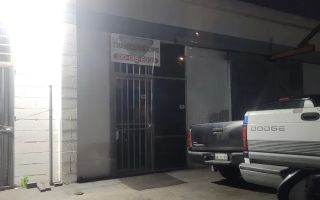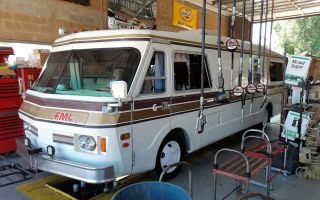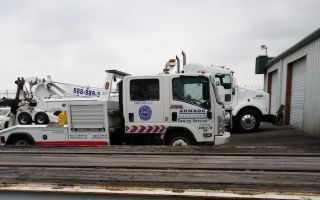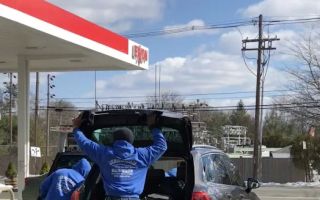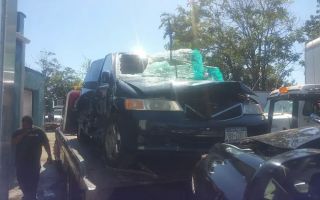What to Do When Your Car Breaks Down on the Highway: A Complete Guide to Stay Safe and Get Help
- Stay Safe and Alert After Your Car Breaks Down
- Essential Tools to Keep in Your Car for Emergencies
- How to Get Help: Calling for Assistance
- Preventing Further Damage: What to Do Next
- Working with a Tow Service: What to Expect


